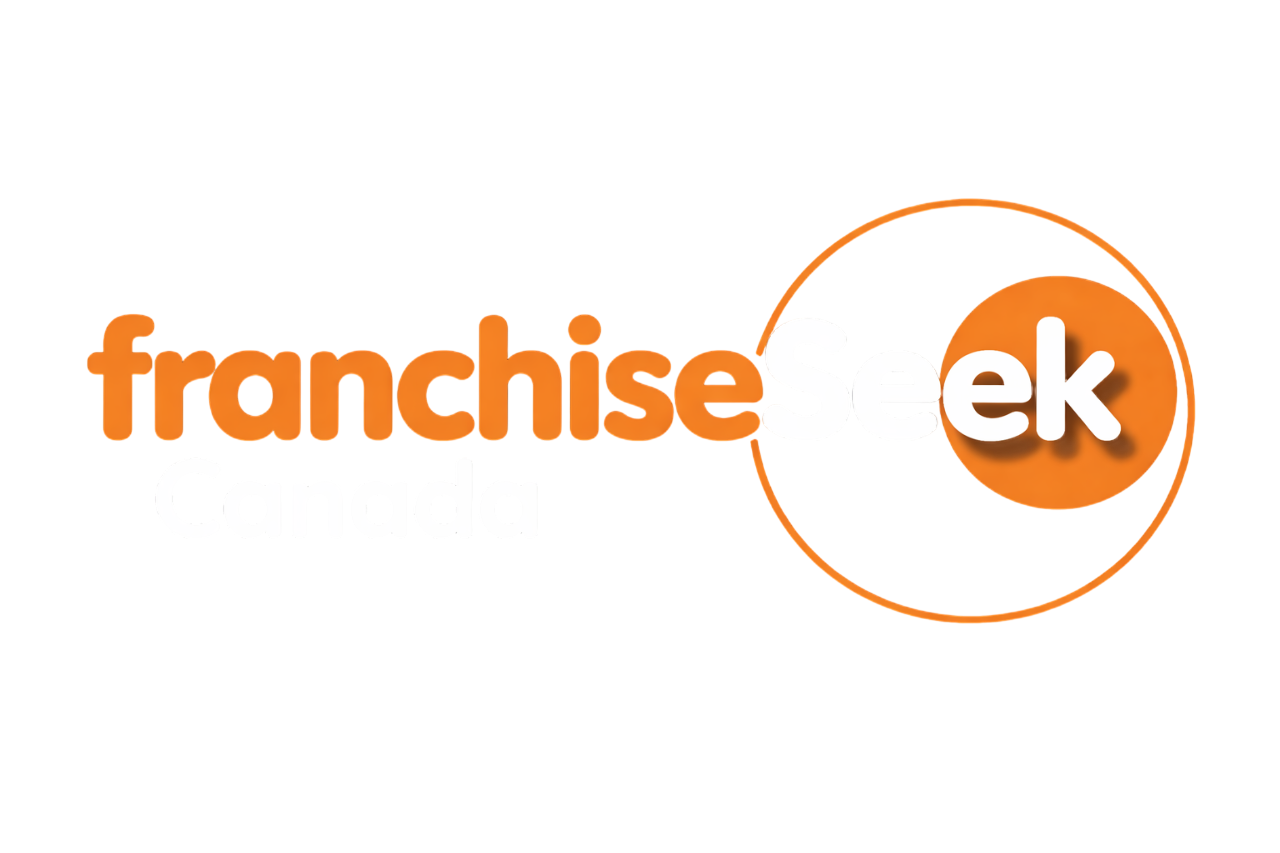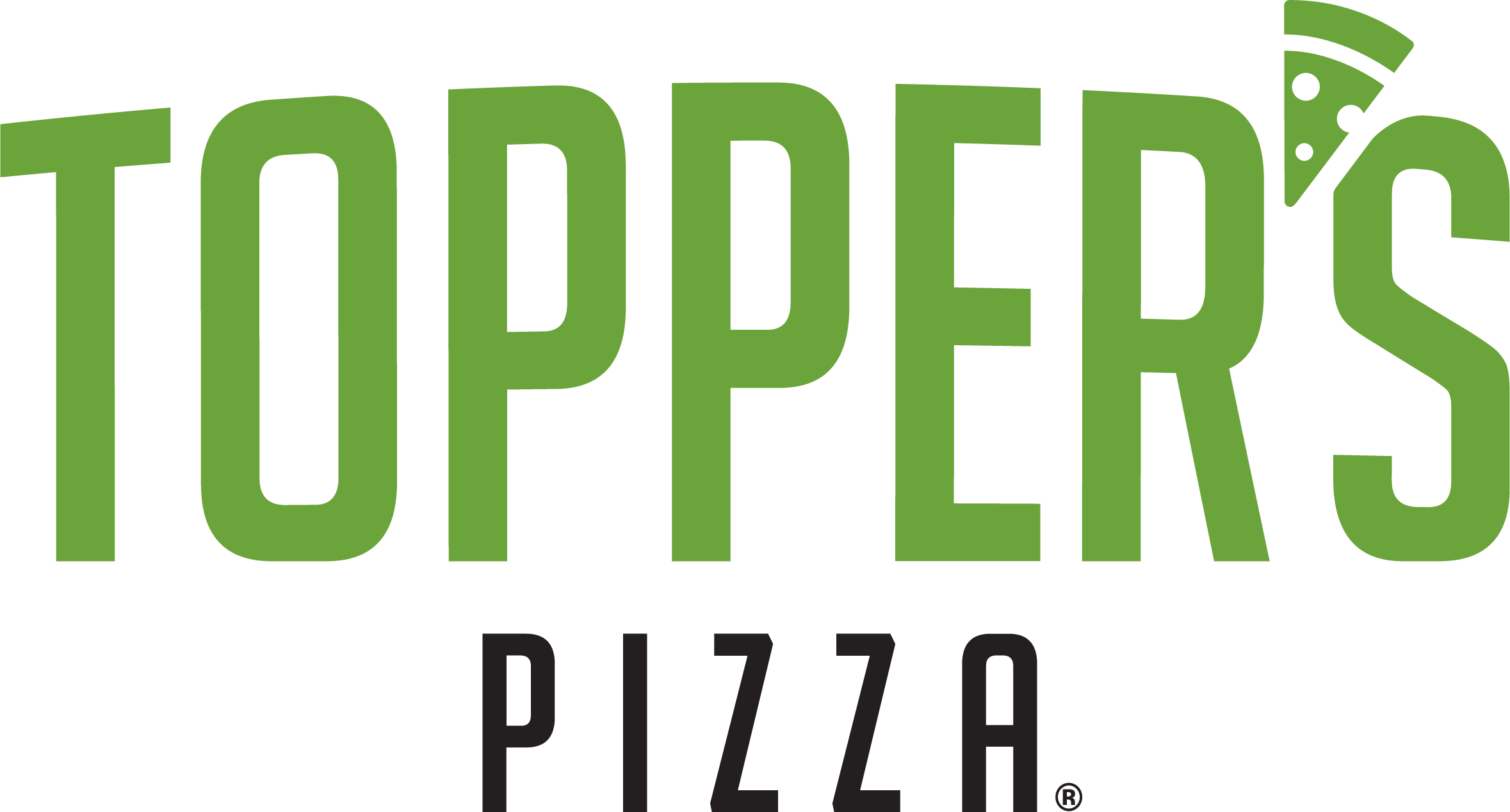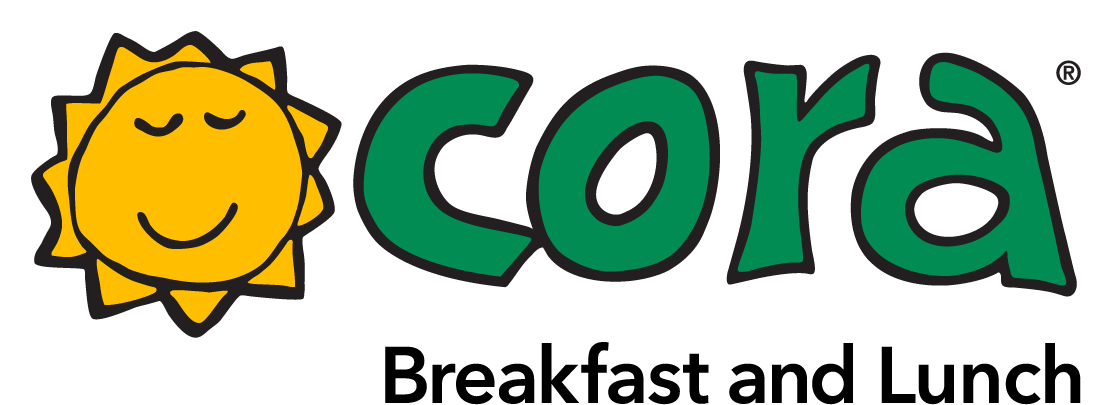Buying a franchise in Canada can be an exciting path to entrepreneurship, offering the benefit of a proven business model and established brand recognition. However, the decision to invest in a franchise should never be taken lightly. Conducting thorough due diligence is a critical step to ensure that you are making a well-informed and financially sound commitment. This process involves more than just reviewing marketing materials or relying on the franchisor’s promises—it requires a deep dive into the business, legal obligations, financials, and the overall fit for your goals and lifestyle.
Understanding the Franchise Disclosure Document
One of the first and most important steps in the due diligence process in Canada is reviewing the Franchise Disclosure Document (FDD). Under Canadian franchise law—specifically in provinces like Ontario, British Columbia, Alberta, Manitoba, New Brunswick, and PEI—franchisors are legally obligated to provide a comprehensive FDD at least 14 days before any agreements are signed or money is exchanged. This document includes vital information about the franchisor’s business history, litigation history, bankruptcy filings, initial and ongoing fees, and detailed financial projections.
Reading and understanding the FDD is essential. It offers insight into the franchisor’s obligations, your responsibilities as a franchisee, and the overall health of the franchise system. A franchise lawyer with experience in franchise law should review the document to help interpret legal terms and assess risks.
Assessing the Financials
Evaluating the financial performance and structure of the franchise is another crucial part of due diligence. While some franchisors provide earnings projections, they are not always required to do so. Therefore, it’s important to independently verify income expectations and compare them with your financial situation and investment goals.
You should also carefully assess the franchise start-up costs, royalty fees, marketing contributions, and any hidden expenses that might impact profitability. Consulting with an accountant or financial advisor who specializes in franchises can help you determine whether the franchise opportunity is viable and aligns with your financial capacity.
Speaking With Existing Franchisees
One of the most effective ways to get an honest perspective on a franchise opportunity is by speaking directly with current or former franchisees. They can provide insights on daily operations, the level of support from the franchisor, challenges they’ve faced, and whether their financial expectations have been met. These conversations can be eye-opening and may reveal red flags that aren’t visible in official documents.
Evaluating the Market and Competitive Landscape
Understanding the local market is also key to due diligence. A great franchise in one region may not perform well in another due to demographic or economic differences. It is important to research your target franchise location area to determine if there is sufficient demand for the product or service and whether there is room for growth. Analyzing competitors and customer preferences will help you assess potential for long-term success.
Summary
Conducting thorough due diligence before buying a franchise in Canada is not just a formality—it’s an essential safeguard for your financial future. By carefully reviewing the Franchise Disclosure Document, assessing financials, speaking with existing franchisees, and analyzing the local market, you can make a confident and informed decision. The time and effort spent upfront in due diligence can mean the difference between a thriving business and a costly mistake. Taking a methodical, informed approach ensures that your investment is both strategic and sustainable.









